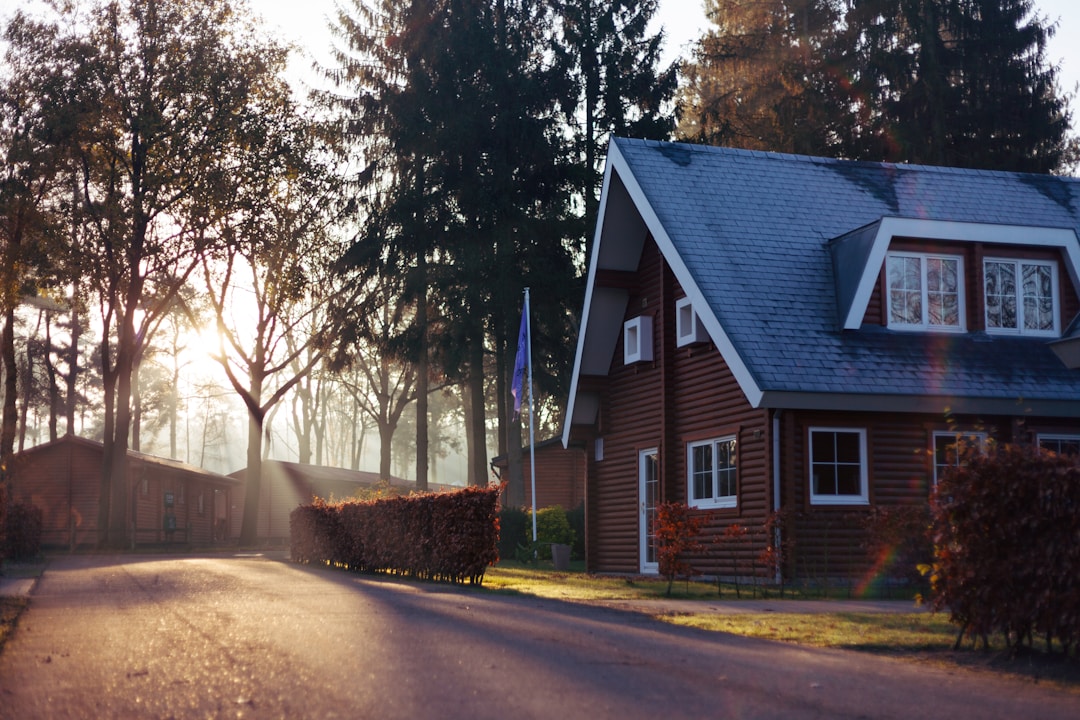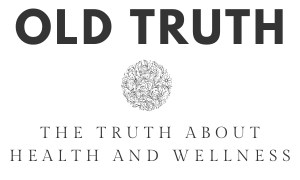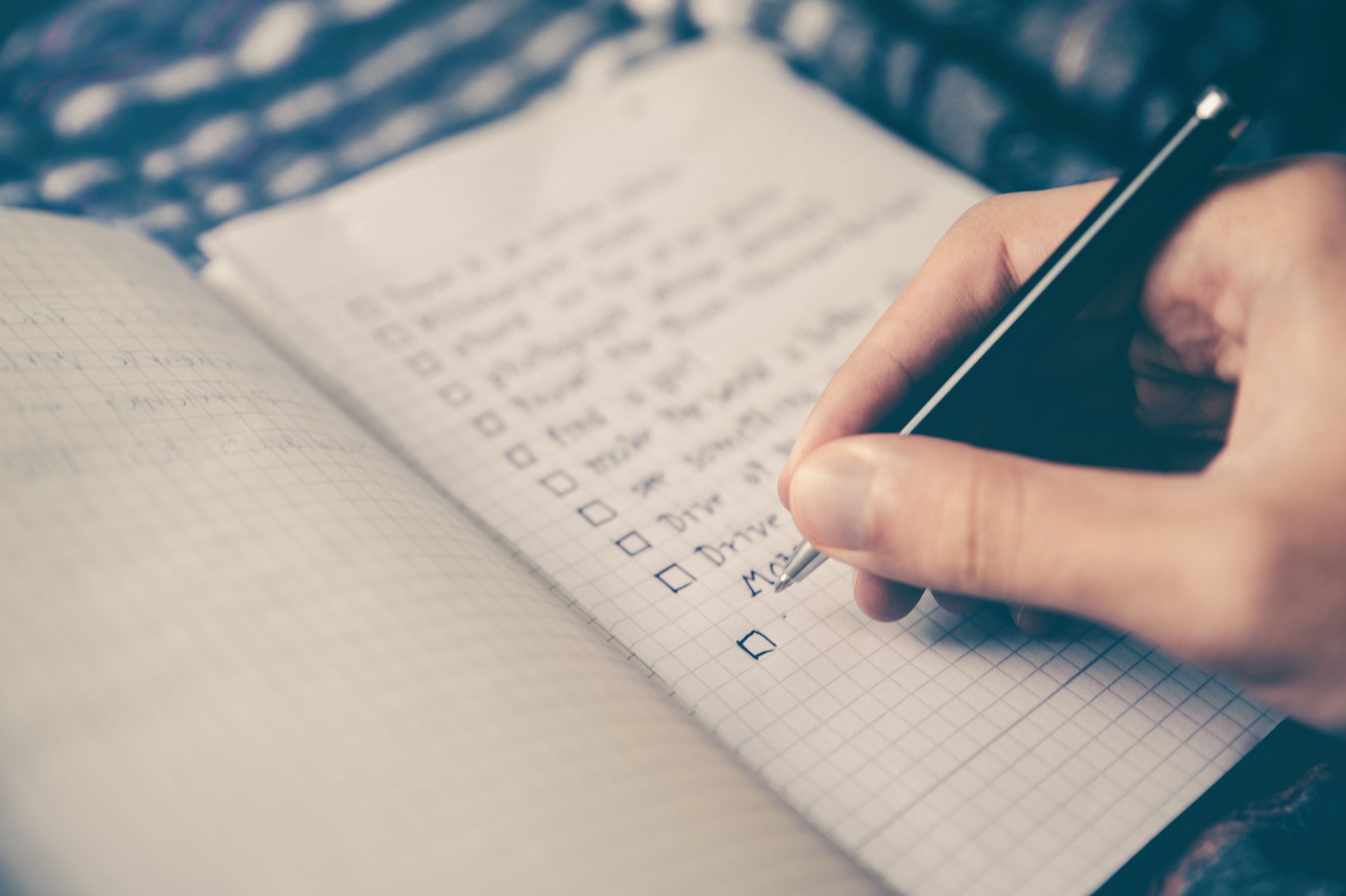Before you fire up the search engines or log onto your favorite real estate platform, you must have an established list of wants and needs for your new home. It doesn’t matter if you’re trying to find land for sale or you’re considering flipping an older house if you don’t cover a few critical checklist items.
Whether you’re working on an adequate homebuying budget, you’re having an appraiser look at a parcel of land, or you’re investigating a property’s air quality, you need to take a few steps to ensure that you’re armed with as much knowledge as possible. More well-informed homeowners can better negotiate home prices, make necessary improvements, and get the most value for their money. Here’s what you should keep in mind.
Set a reasonable and realistic budget.

Whether you’re looking for something that’s move-in ready or you’re considering a fixer-upper, it’s critical that you budget effectively and don’t stretch your finances too thin. While you might not need 20 percent for a down payment in many cases, it still helps to aim for that goal, especially if you don’t want to pay for monthly mortgage insurance. Your budget should include land maintenance, down payments, construction costs, and moving expenses. For example, if you’re buying land for sale in Virginia, you’ll want to consider how much the land costs, how much home construction is, and how much you’ll need to move.
It’s also essential to narrow down your real estate expectations into wants and needs. For example, while it might be helpful to have multiple bedrooms, you may not always need all the extra space. Unless you have children or you’re planning on starting a family, you may be able to set an adequate budget for a single-bedroom home.
Consider additional expenses.
You should also budget for any immediate expenses. When buying a home, you must factor in your down payment, closing costs, repairs, and necessary upgrades. For instance, if you have the home appraised and it turns out that there’s poor indoor air quality or a faulty HVAC system, you may want to reach out to an HVAC technician. The technician can inspect your air conditioner, dehumidifier, and furnace to assess your indoor air quality and improve it. You can even allergy proof your HVAC system to keep allergens, mold, mildew, pet dander, and debris from impacting your indoor air.
Other expenses may include cosmetic adjustments, paint jobs, and upgrades. Of course, when you’re considering these immediate expenses, it’s wise to prioritize. Start with anything that needs to be repaired or replaced and then focus on painting rooms, switching out finishes, and buying wall art.
Get a home inspection.

While it’s possible to purchase a home sight-unseen (though it’s seldom recommended), it’s never advisable to buy a home without having it inspected and appraised beforehand. An inspection can help uncover any underlying flaws or red flags ahead of the purchase. In addition, an appraisal can review the home’s price against current market conditions and determine whether or not it’s valued correctly. This assessment is pivotal in the mortgage lending process, and the homebuyer is responsible for footing the bill.
Upon completion, you should receive a home inspection checklist that commonly provides critical recommendations. You should also schedule a termite and pest inspection. A pest inspection can also uncover common allergens like mites and other pests that impact indoor air and structure quality. If you move into a home with an active infestation, it can cause significant headaches.
Between scheduling a home inspection and establishing a robust budget, there are a few steps you need to take before you’re ready to buy a home. When you follow a home-buying checklist, it’s easier to find the property of your dreams.

